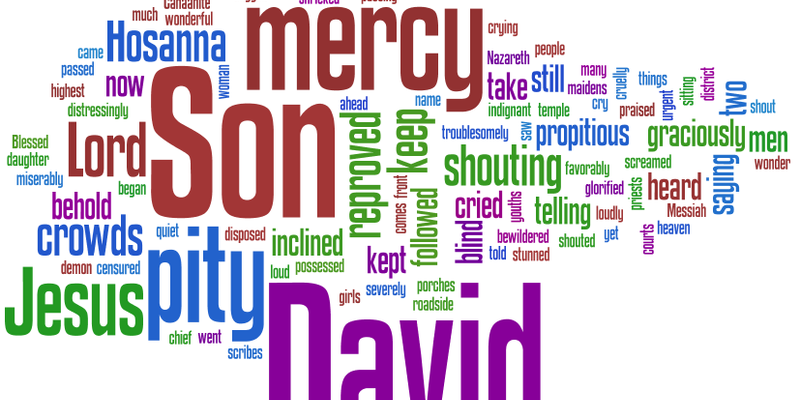
Why the Genealogy of Jesus Matters
By Steve Weaver –
If I were to take a survey and asked, “What is your favorite text of Scripture?” no one would say, “Matthew 1:1-17.” Instead we are more likely to ask, “Why would Matthew begin his account of the life of Christ with a boring genealogy?” I want to suggest, however, that this text is one of the most important passages in the Bible! Matthew 1:1-17 is one of the most important passages in the Bible because it is the thread that binds together the Old and New Testaments. In fact, this text is essential to properly understand the meaning of the Old Testament. One commentator called this text “a compressed retelling of the Old Testament story” (John Nolland, The Gospel of Matthew: A Commentary on the Greek Text, 34).
Matthew carefully links the second part of the Bible with the first by citing 61 direct quotes (Mark has 31, Luke 26, and John 16) and many other allusions from the Old Testament. Matthew uses the phrase, “to fulfill what was spoken by the prophet” ten times in his book. The gospel writer clearly identifies Jesus as the promised and long awaited Messiah. The evidence presented is overwhelming. Jesus is clearly presented as the fulfillment of all that the prophets of old were longing for.
The book of Matthew opens with the genealogy of the King. These opening verses are very important because Jewish people, who made up Matthew’s audience, were very interested in a person’s genealogy. The New Testament rests upon the accuracy of this genealogy because it establishes the fact that the Lord Jesus Christ is of the line of Abraham and of the line of David. Both are very significant. The line of Abraham places Him in the nation, and the line of David puts Him on the throne — He is in that royal line. The genealogies were central to the nation Israel, and through them it could be established whether a person had a legitimate claim to a particular line. For example, when Israel returned from the captivity, we find in the Book of Ezra, “These sought their registration among those enrolled in the genealogies, but they were not found there, and so they were excluded from the priesthood as unclean” (Ezra 2:62). It was possible in Ezra’s day to check the register of the tribe of Levi and remove those who made a false claim. Every king has to have a royal lineage because his ancestry is the most important thing about him. Kings have to be in the regal line in order to qualify to be on the throne. Matthew begins with a family tree that traces the right of Jesus to reign.
The first sentence of the Gospel of Matthew introduces not only this genealogy, but the entire gospel (indeed, the entire New Testament). This sentence answers the question: What is this book about? Answer: Jesus. And: Who is this Jesus? This sentence tells you almost everything you need to know about the identity of Jesus. “The book of the genealogy of Jesus Christ, the son of David, the son of Abraham” (Matt 1:1) The genealogy that follows is given by Matthew to prove the validity of what Matthew claims in this first sentence.
Steve Weaver is the pastor of Farmdale Baptist Church in Frankfort, KY. He is married to Gretta and they have been blessed by God with six children (Haddon, 12; Hannah, 10; Isaac, 7; Jonathan, 5; Lydia, 4; and Katherine, 0). Steve holds an M.Div. from The Southern Baptist Theological Seminary, and is currently pursuing a Ph.D. in Church History at The Southern Seminary. His area of research is 17th century British Particular Baptist pastor, Hercules Collins. He also is a Research and Administrative Assistant to the Director of The Andrew Fuller Center for Baptist Studies, Michael A.G. Haykin. He blogs at pastorsteveweaver.wordpress.com.

